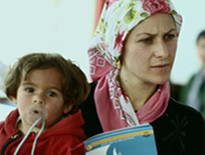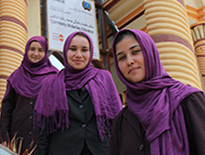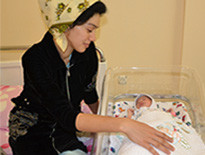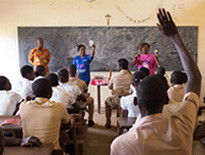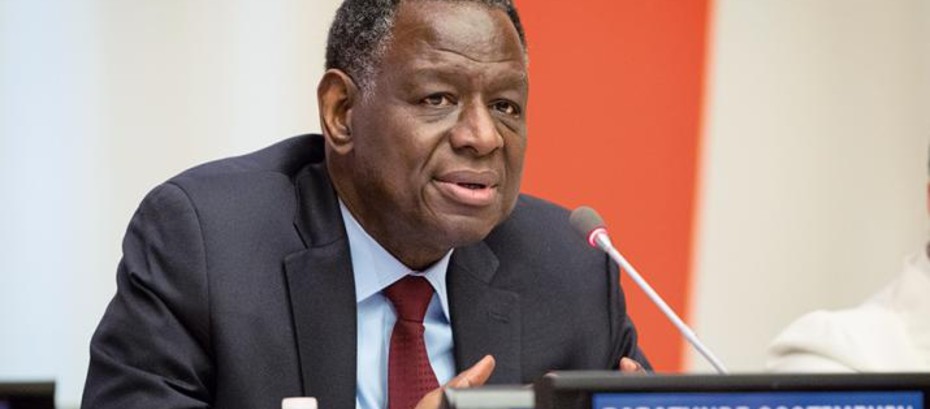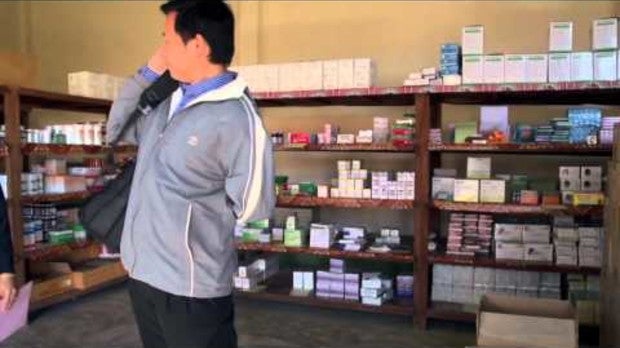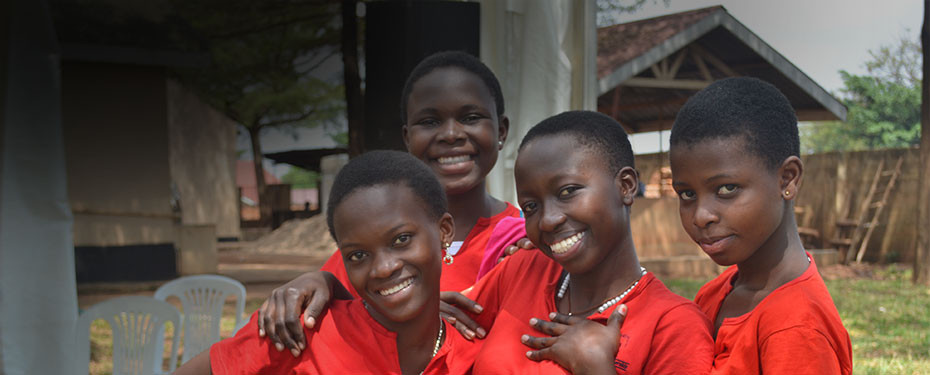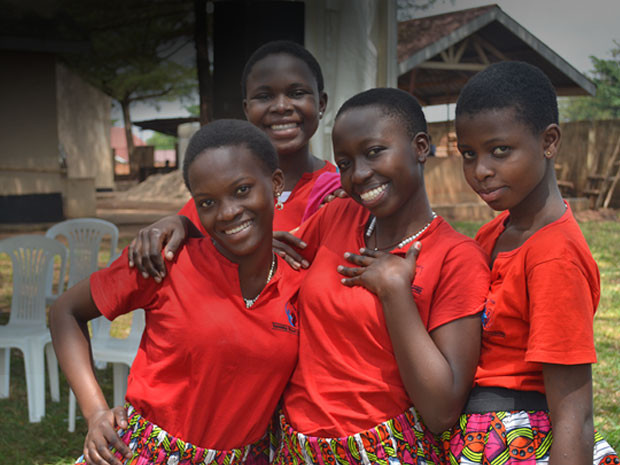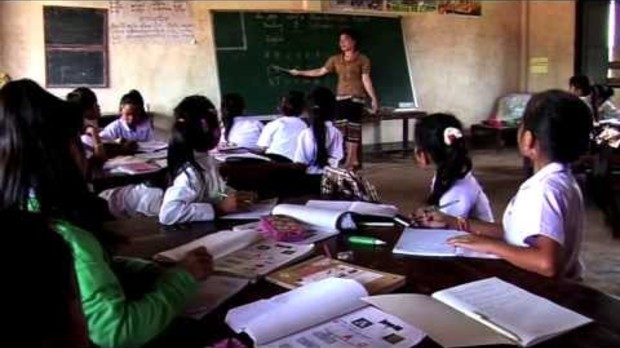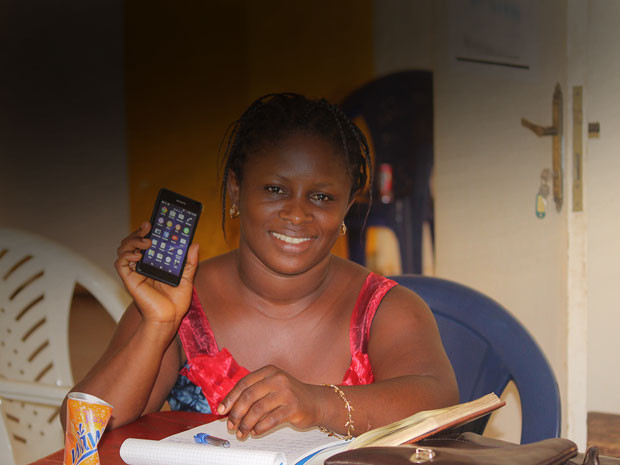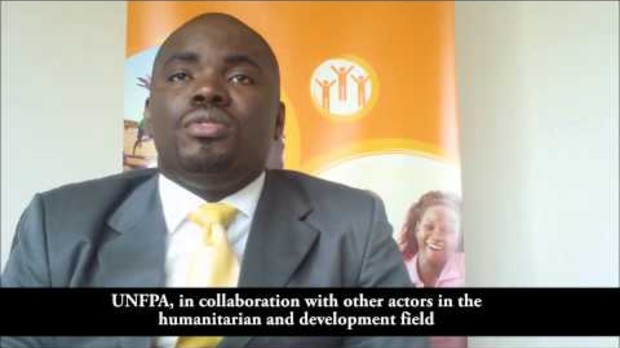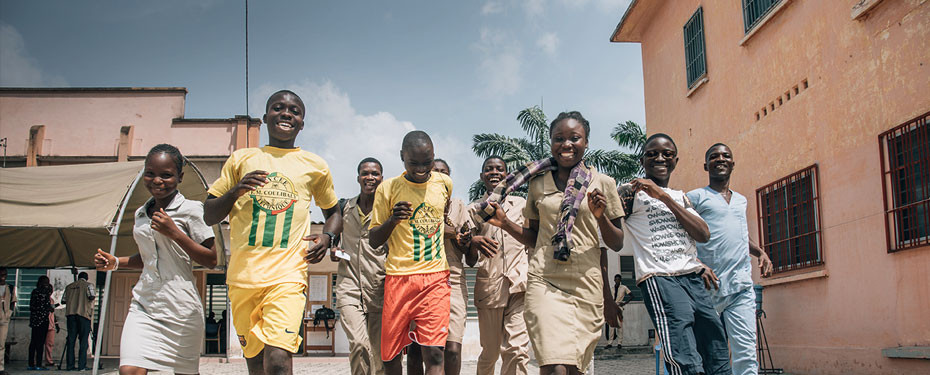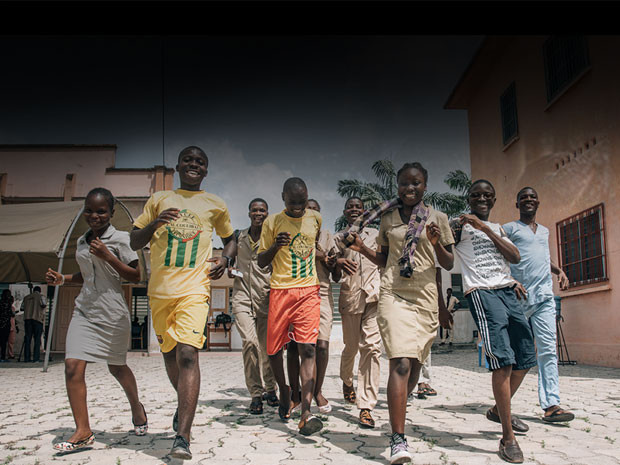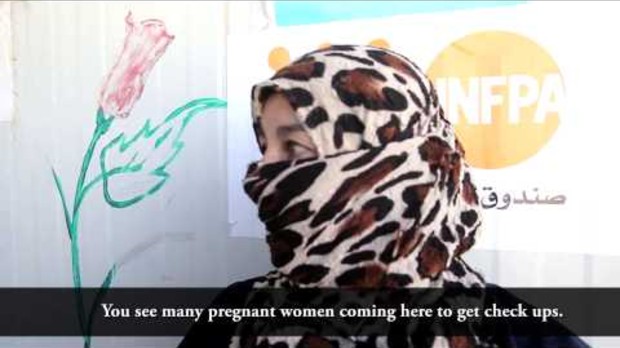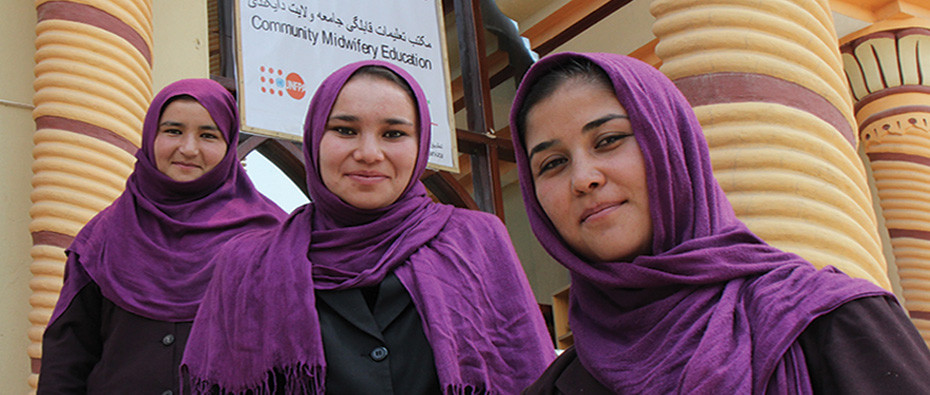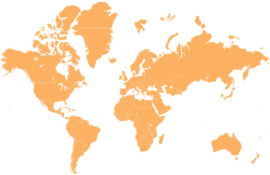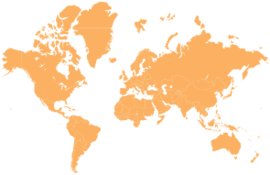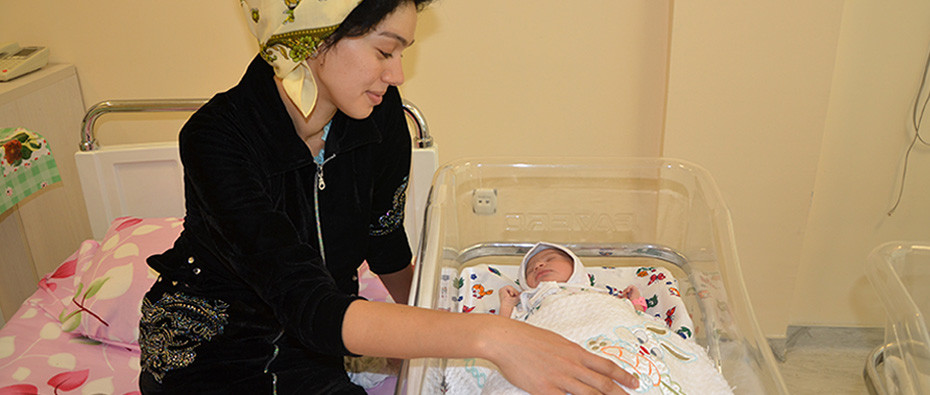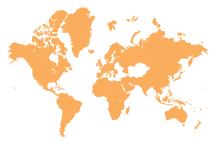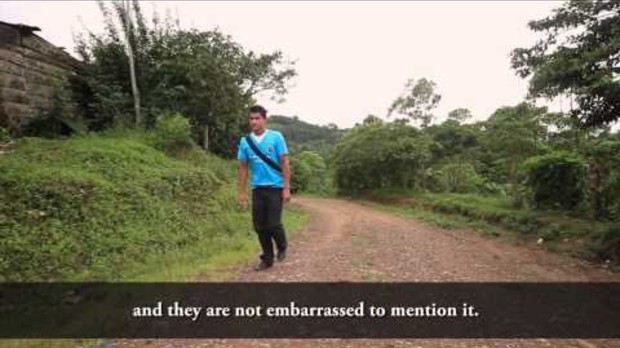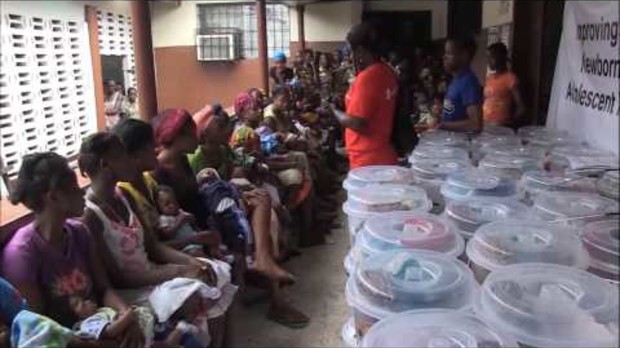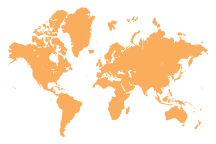Sexual and Reproductive Health
Strengthening and integrating services

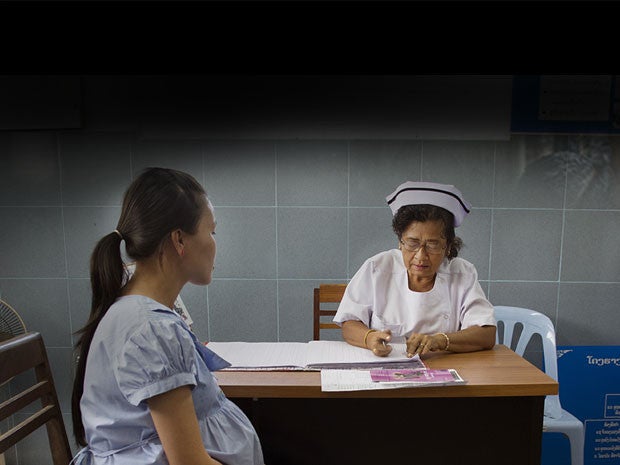
Too often, sexual and reproductive health services are disconnected from each other. Women seeking HIV services, for example, may not be offered contraceptive choices, or women receiving antenatal services may not be given the option for HIV testing.
Similarly, marginalized women may face coercive or discriminatory practices when they seek family planning or HIV services. Women living with HIV may sometimes be forced to undergo sterilization or abortion, depriving their right to have a child. Human-rights-based responses that are also gender-responsive are essential to addressing these practices.
UNFPA helps developing countries face these challenges through advocacy, policy guidance and efforts to build capacities for developing guidelines, protocols, standards and systems for ensuring quality of care. All of this work proceeds within the context of strengthening national health systems and achieving universal health coverage.
Photo credit: UNFPA/Micka Perier
In 2014, the UNFPA Global Programme to Enhance Reproductive
Health Commodity Security supplied approximately
$100 million worth of contraceptives,
averting an estimated 7.8 million unintended pregnancies
2014 HAS SHOWN MUCH PROGRESS BUT MANY GLOBAL CHALLENGES STILL REMAIN IN SEXUAL AND REPRODUCTIVE HEALTH:
Protecting the health of mothers

UNFPA supported surgery to repair fistulas for more than 10,175 women in 2014.
Tearing down barriers to HIV services
Up to 50% of new HIV infections occur among key populations and their partners.
Ensuring access to services in times of crisis
72% of UNFPA offices in high-risk countries now have humanitarian preparedness plans
Increasing access to family planning

By 2014, 84 countries had logistics management systems for supplies and distribution of contraceptives, enabling more women to gain access to them


